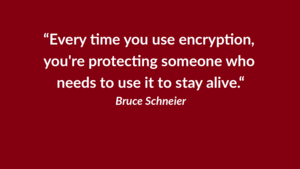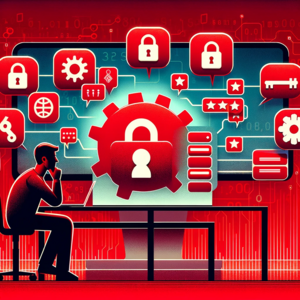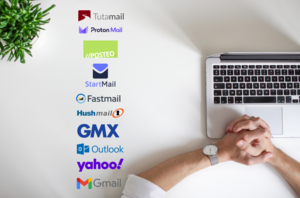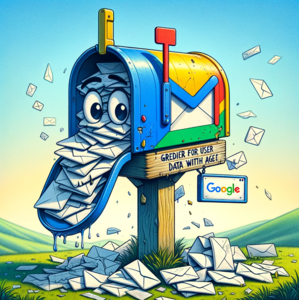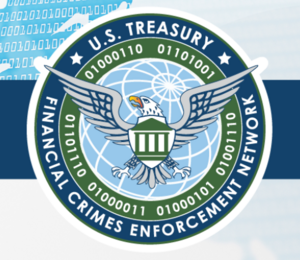Tutanota Is Light & Snappy: Meet Mike Finch, the Designer of the New Mail Client

Q: We've just released our new Tutanota mail client - thanks to you - with a completely polished design. What was your motivation to support our open source project?

I strongly support Tutanota's mission of fighting mass surveillance and promoting privacy rights in a user friendly way. Tutanota is committed to making privacy approachable and friendly which is oftentimes an afterthought in open source projects. I'm also a committed open source evangelist and have dedicated hundreds of hours to getting more designers involved in open source with the Open Source Design project.
Q: You've been using Tutanota yourself for a while now. In what way has the new client improved your user experience? Do you see potential for further improvement?
It's so fast! It's been surprisingly fast as I've been using it the past few months. It feels much more light and snappy, which will be a huge advantage for any users with bandwidth constraints. There's always room for further improvement, but the new client sets a very high bar.
Q: The trend towards privacy-focused apps is constantly rising. Why do you think that is, and what do we as developers can do to speed up this process?
I think the leaks by Edward Snowden that exposed the NSA's mass surveillance programs was the catalyst for privacy going mainstream. Before then, privacy advocates were largely seen as alarmists and doomsayers. Now the public sees "Privacy" as a product feature; much like "Design" was seen as a market differentiator a decade ago. As an example, take a look at Apple's Privacy landing page. That page looks and feels like Apple is selling you an iPhone, but it's... just privacy. Don't misunderstand, I'm incredibly grateful to Apple for their commitment to privacy, but it speaks volumes that this policy is presented as it is.
So when players like Apple are acknowledging the culture shift in favor of greater user privacy, it's easy to understand why other startups and products are moving in the same direction.
In my opinion, we need to do a better job of evangelizing privacy and encryption offline. Spending our lives behind a computer, we forget that much of the world's population adopts new technology from friends and family by word-of-mouth; not by Twitter and tech blogs. If you care about spreading adoption, host a privacy workshop at your local library. Leave stickers and flyers at shopping centers and cafes. Go analog.
Q: On your site - privacy.haus - you recommend privacy-focused apps. What is your aim with this site?
I really want to promote user friendly, privacy-first alternatives to popular mainstream apps. Millions of people use email, messenger, and browsing services that are robbing them of their data and privacy. With PrivacyHaus, I wanted to tell people that they don't need to change their behaviors or mental models to adopt a more private lifestyle. Instead of Gmail, use the secure email service Tutanota. Instead of WhatsApp's encrypted messages, try Signal. Instead of Google Search, start using DuckDuckGo. These are easy habits to start - people just need to be aware of the option.
Q: Why do you think it is still necessary to educate people about the importance of privacy?
Sadly, it may be more important than ever. Privacy has always been an essential human right, but with the explosive growth of advertising tech, government surveillance, and the everyday threat of ransomware, the risk has never been greater. With more and more of our life being lived online, we've never had so much to potentially lose.
Q: As a privacy-minded person, what is your dream of the future Internet?
I dream of a time when privacy rights and the argument for an open, free internet is the conventional wisdom of our political leaders. Privacy is not a partisan issue. Safety isn't a political tool, and our ability to learn, share, and communicate online should be considered undeniable human rights. The internet is the most amazing invention of our time. I hope we become worthy of it someday.
Thanks, Mike. Not just for this interview, but more importantly for everything you are doing to fight for privacy!

No comments available

